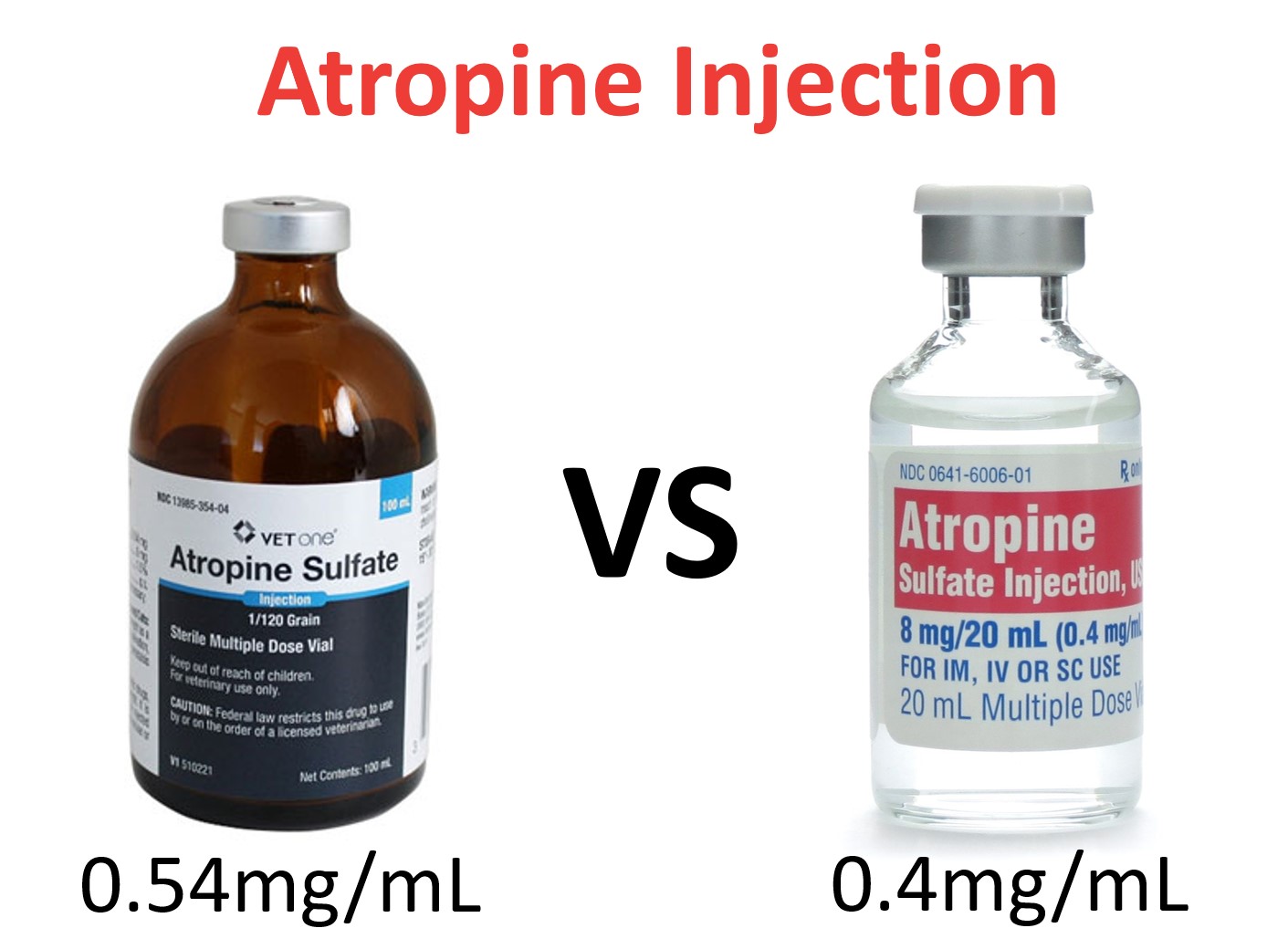
 FOR IMMEDIATE RELEASE 06/22/2020
FOR IMMEDIATE RELEASE 06/22/2020
RECOVER INITIATIVE
930 Campus Road
Ithaca, New York 14853
United States
Media Contact:
Rebecca Giacomini
media@recoverinitiative.org
(669) 247-6905
RECOVER INITIATIVE COVID 19 Offer Results in Over 18,000 Veterinary Student Registrations Worldwide for Evidence-Based CPR Training
During the first several of the COVID 19 shelter-in-place orders throughout the world, the RECOVER INITIATIVE extended a free training offer to students of registered universities and colleges with veterinary training programs. As of May 2020, over 160 schools in 23 countries registered with the program and 18,507 students enrolled in the online evidence-based canine and feline CPR training, the signature program of the RECOVER Initiative.
“The Executive Board of the RECOVER Initiative believes that CPR training is essential for students in veterinary training programs,” said Jamie Burkitt, DVM, DACVECC who is a co-chair to the RECOVER Initiative. “We hope that our online training modules help students continue to learn these critical skills in our new, virtual world.”
The RECOVER Initiative is a non-profit, volunteer-based program within the American College of Veterinary Emergency and Critical Care (ACVECC) and Veterinary Emergency and Critical Care Society (VECCS) dedicated to conducting high-quality education, evidence search, and guideline creation.
Schools that registered included:
Veterinary Programs
Atlantic Veterinary College, University of Prince Edward Island
Bristol Veterinary School, University of Bristol
College of Veterinary Medicine, University of Georgia
Colorado State University
Complutense University of Madrid
Faculté de médecine vétérinaire, Université de Montréal
Faculty of Veterinary Medicine of Bucharest
Faculty of Veterinary Medicine, Ghent University, Belgium
Faculty of Veterinary Medicine, University of Liège, Belgium
Massey University, School of Veterinary Science
Michigan State University
Midwestern University, College of Veterinary Medicine
Murdoch University, School of Veterinary Medicine
National Taiwan University, Veterinary Medicine
North Carolina State University
Purdue University College of Veterinary Medicine
Ross University School of Veterinary Medicine
St. George’s University
Texas A&M University
The Ohio State University
The Royal (Dick) School of Veterinary Studies
The University of Adelaide
The University of Queensland, Australia – School of Veterinary Science
Tufts University
Universidad Alfonso X El Sabio (UAX)
University College Dublin
University of California, Davis, School of Veterinary Medicine
University of Cambridge
University of Illinois College of Veterinary Medicine
University of Minnesota College of Veterinary Medicine
University of Missouri
University of Nottingham School of Veterinary Medicine and Science
University of Surrey
University of Sydney
University of Tennessee College of Veterinary Medicine
VetAgro Sup, Campus Vétérinaire
Vetsuisse Faculty at the University of Bern
Virginia Tech
Virginia-Maryland College of Veterinary Medicine
Washington State University
Western College of Veterinary Medicine
Western University of Health Sciences, College of Veterinary Medicine
Veterinary Nursing Programs
Abbeydale Vetlink Veterinary Training
Animal Industries Resource Centre
Applied Vocational Training
Ara Institute of Canterbury
Australian College of Veterinary Nursing
Bridgwater and Taunton College
Eastern Institute of Technology
Goddard Veterinary Nursing College
Harcum College
Institute of Medical and Business Careers
Michigan State University
Murray State College
Nottingham Trent University
Otago Polytechnic, School of Veterinary Nursing
SRUC Oatridge
Warwickshire College – Pershore
Warwickshire college Moreton Morrell
Wilson College
Veterinary Technology Programs
Apex College of Veterinary Technology
California State Polytechnic University, Pomona
Camden County College
Carrington College- Stockton
Carver Career and Technical Education Center
Cedar Valley College
Columbus State Community College
Community College of Baltimore County Veterinary Technology Program
Crowder College
Foothill College Veterinary Technology Program
Gaston College
Grande Prairie Regional College
Jefferson College
NAIT – Northern Alberta Institute of Technology
Massey University
Mesa Community College
Miami Dade College
Miller-Motte College- Raleigh Campus
Milwaukee Career College
Oklahoma State University
Olds College – Animal Health Technology
Parkland College
Penn Foster
Pensacola State College
Piedmont Technical College
Pima Medical Institute
Portland Community College
San Juan College
Saskatchewan Polytechnic
Southern Regional Technical College
The University of Queensland, Australia – School of Veterinary Science
Thompson Rivers University
Tri-County Technical College
Uiv. of Puerto Rico, Medical Sciences Campus, School of Health Professions
University of Guelph, Ridgetown Campus
Weatherford College
Windward Community College
York County Community College
The online training module covers Basic Life Support (BLS) consisting of five modules including concepts in assessing a non-response patient, performing chest compressions and ventilation during CPR, and team communication, and Advanced Life Support (ALS) consisting of three modules detailing concepts in patient monitoring, vascular access, drug administration, and defibrillation. The next step towards becoming a RECOVER Certified Rescuer is participation in the in-person training and skills assessment. In-person training sessions worldwide will resume when government representatives deem it is safe to do so.
About the RECOVER Initiative
In response to the need for consistent, effective, evidence-based CPR protocols for dogs and cats. RECOVER was conceived in 2010 as the Reassessment Campaign on Veterinary Resuscitation initiative by a team of veterinary emergency and critical care specialists with the goal of developing and disseminating the first true evidence-based veterinary cardiopulmonary resuscitation (CPR) guidelines. Without effective CPR, cardiopulmonary arrest is universally fatal. Unlike in human medicine, standardized, evidence-based CPR training was not available in veterinary medicine until the creation of the RECOVER Initiative. As with similar training in human medicine, one of the initiative’s main goals is improving CPR outcomes by helping veterinary health professionals and pet owners become more competent and confident in these essential life-saving skills. The initial phase of the program consisted of the review and synthesis of existing literature supported by the involvement of over 100 veterinary medical professionals. The resulting guidelines were published in 2012 and are currently in a revision cycle. Subsequently, the online training program, in conjunction with in-person training sessions using the novel high fidelity simulator prototype created by Dan Fletcher, PhD, DVM, DACVECC at Cornell University, was launched. Today, over 30,000 veterinary students and professionals have registered for the BLS and ALS RECOVER CPR modules, over 2000 are certified as RECOVER Certified Rescuers, and 160 have gone on to become RECOVER Certified Instructors. More information can be found at recoverinitiative.org

